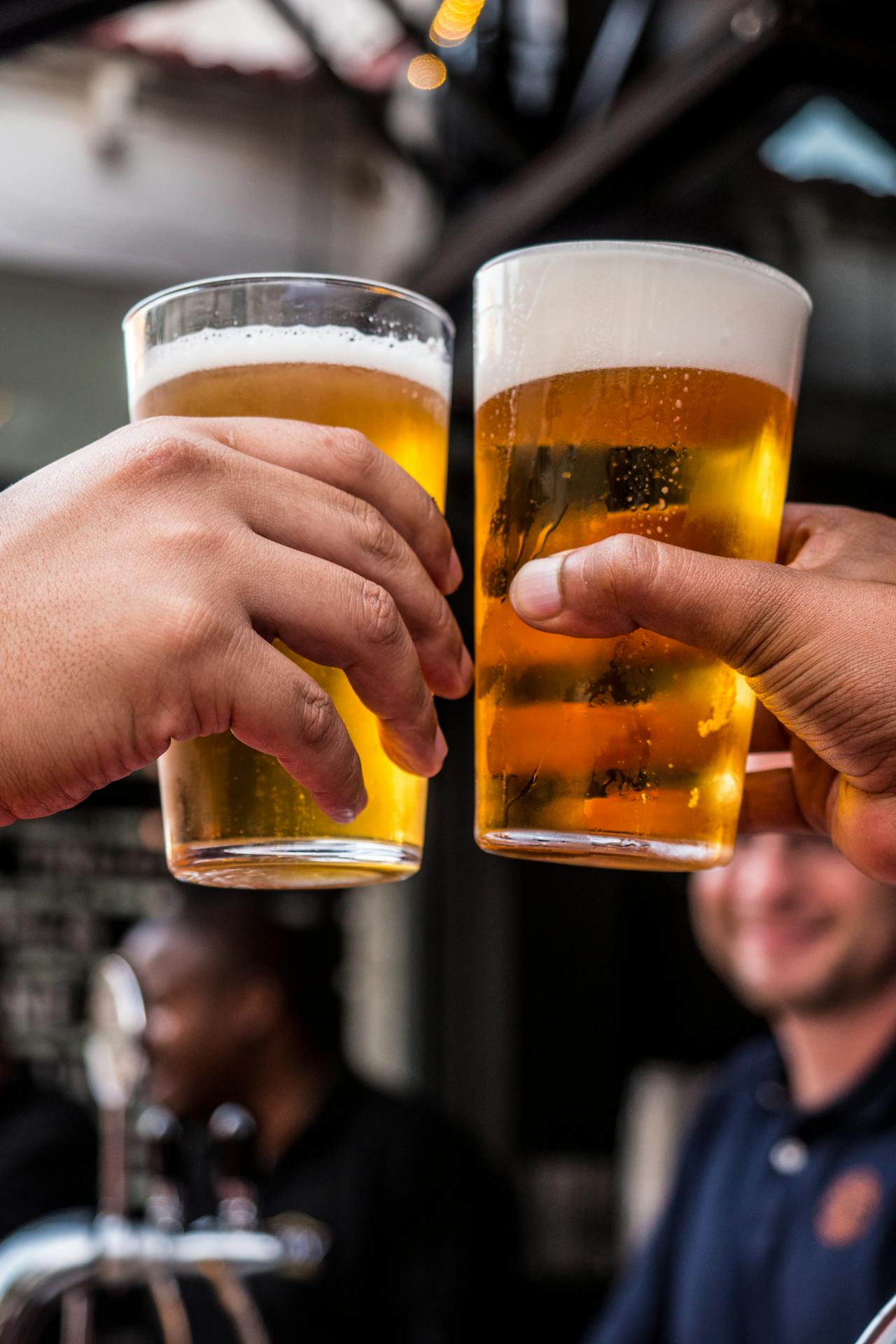
Why Consuming Alcohol Makes It Nearly Impossible to Lose Weight
As a personal trainer, one of the most common obstacles I see holding people back from achieving their weight loss goals is alcohol consumption. Many clients don’t realize just how much their drinking habits can hinder their progress, even when they’re eating right and exercising consistently. Here’s why alcohol makes losing weight nearly impossible and how cutting back can help you see better results.
1. Empty Calories Add Up Quickly
Alcohol is filled with “empty calories,” meaning they provide energy but no nutritional value. A single serving of alcohol (like a beer, glass of wine, or cocktail) can add anywhere from 100 to 300 calories per drink, often without you even realizing it. If you’re trying to stick to a calorie deficit for weight loss, just a few drinks can easily derail your efforts.
For example:
- A beer can have around 150 calories.
- A glass of wine contains about 120 calories.
- A cocktail (especially with mixers) can pack anywhere from 200 to 500 calories.
These calories are consumed quickly but aren’t filling, meaning you’re more likely to still eat the same amount of food, which leads to a caloric surplus—the opposite of what you need to lose weight.
2. Alcohol Slows Down Your Metabolism
When you drink alcohol, your body prioritizes metabolizing it over other nutrients like carbohydrates, fats, and proteins. Since your body sees alcohol as a toxin, it wants to burn it off first, putting fat metabolism on the back-burner. This means while your body is focused on getting rid of alcohol, it’s not burning fat as efficiently, slowing down the weight loss process.
3. Increases Fat Storage
Not only does alcohol slow down your body’s ability to burn fat, but it can also encourage fat storage, especially around your midsection. Alcohol increases the production of cortisol, a stress hormone that is linked to fat storage, particularly visceral fat. Visceral fat is the fat around your organs and is the most dangerous type of fat for your health.
4. Increases Appetite and Poor Food Choices
Alcohol lowers your inhibitions and increases your appetite. After a few drinks, you’re far more likely to give in to cravings for unhealthy, calorie-dense foods like fast food, pizza, or snacks. The extra calories from alcohol combined with poor food choices make it much harder to stay on track with your diet.
Not only that, alcohol can throw off your hunger hormones, making you feel hungrier even when you’ve consumed enough calories. This can lead to overeating and binging, further adding to your caloric intake.
5. Disrupts Sleep and Recovery
Quality sleep is essential for weight loss and muscle recovery. Alcohol disrupts your sleep cycle by reducing the amount of deep, restorative sleep you get. Even if you fall asleep quickly after drinking. Your body doesn’t get the rest it needs to recover from workouts and function optimally the next day. This can lead to increased cravings for high-calorie foods, decreased energy, and poor workout performance.
6. Impacts Hormones Related to Weight Loss
Alcohol consumption can interfere with the hormones that help regulate your metabolism, hunger, and fat storage. So for example, alcohol disrupts leptin, the hormone that signals to your brain that you’re full, making it easier to overeat. It also spikes insulin, a hormone that promotes fat storage, making it harder for your body to burn fat effectively.
Conclusion: If Weight Loss Is Your Goal, Cut Back on Consuming Alcohol
While the occasional drink might not completely sabotage your weight loss goals, regular alcohol consumption makes the process much harder. Empty calories, increased fat storage, and poor food choices are just a few of the reasons why alcohol can be a major roadblock.
If you’re serious about losing weight, cutting back or eliminating consuming alcohol from your diet is one of the best decisions you can make. Your body will thank you with better fat loss results, improved energy, and more efficient recovery. Remember, small changes lead to big results—reduce the amount of alcohol consumed, is a step in the right direction.
BODYBYKEEM



